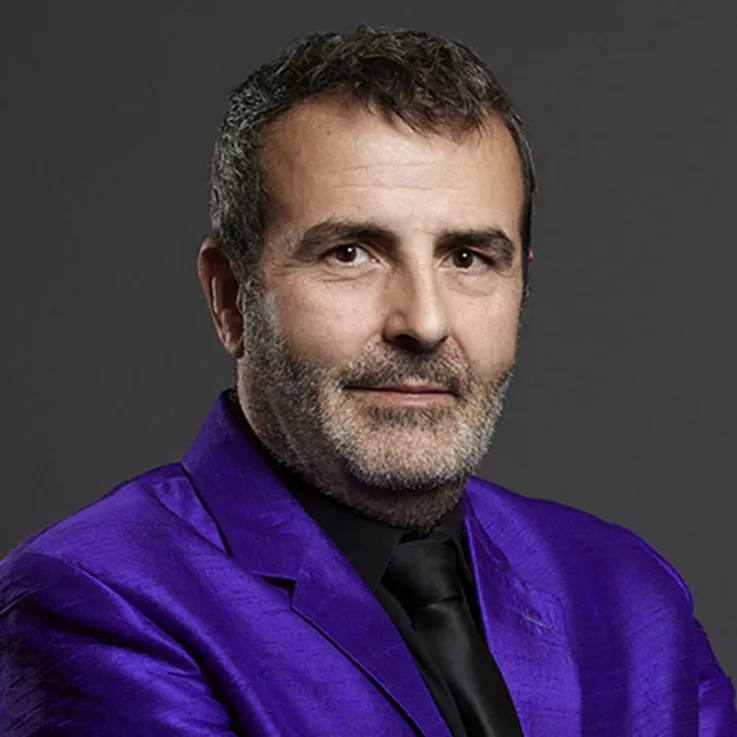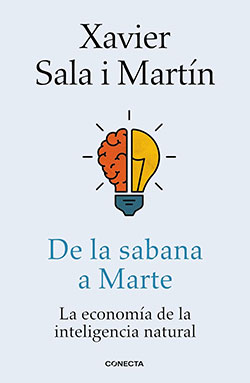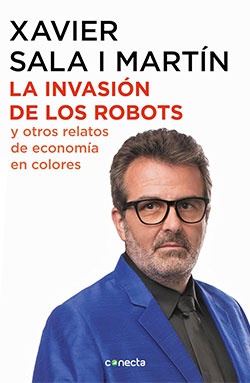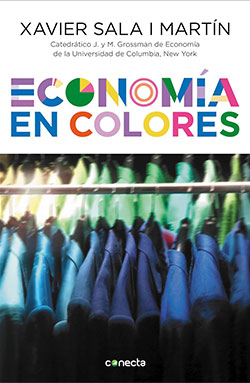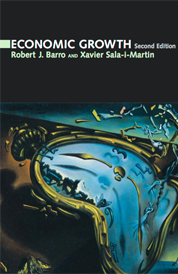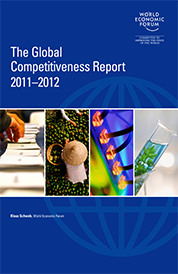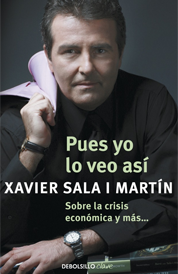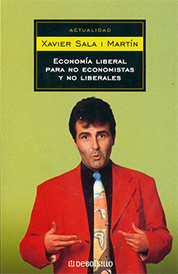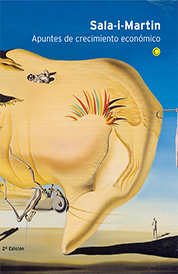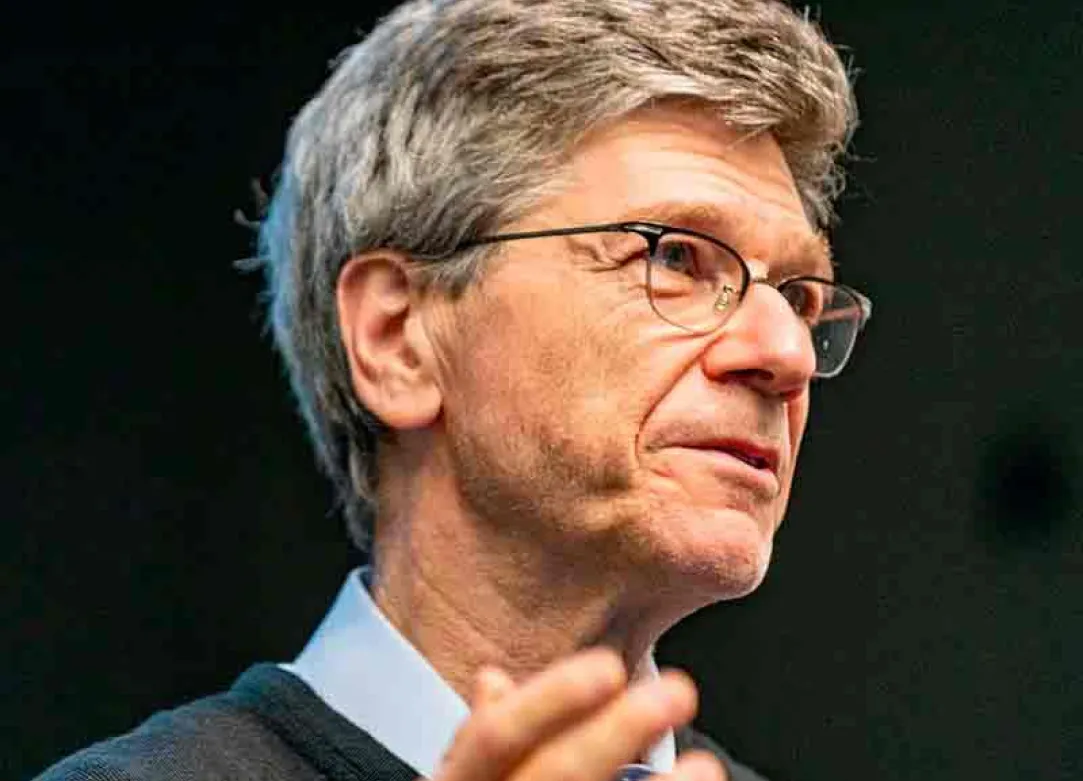Professor Sala-i-Martin is recognized as the world leading expert on innovation and competitiveness. He is the author of WEF´s Global Competitiveness Index, which annually measures and ranks the competitiveness of all the countries. Professor Sala-i-Martin’s GCI is the most closely followed index on global economic and business competitiveness in the world (as it upgraded and modernized the former approaches to measuring competitiveness developed by Michael Porter and Jeffrey Sachs); governments and business leaders use it to evaluate and design current and future strategic competitiveness policies for their countries and corporations.
From 2003 to 2010 he was also a member of the Board, Treasurer and President of the Economic Commission of FC Barcelona and, therefore, contributed to the creation of what many experts have considered the best soccer team of all history. In 2009, FC Barcelona won all 6 championships in which it participated. No other team in history had ever achieved this impressive record. Hence, besides economic topics, based on his practitioner experience he also speaks about leadership and change.
Prior to joining to Columbia University, Sala-i-Martin taught at Yale and Harvard, and was a researcher at the Centre for Economic Policy Research (CEPR) in London. He studied economics in Barcelona and holds a Ph.D. from Harvard University. He has received several awards including the Rey Juan Carlos Prize in Economics awarded by the Bank of Spain to the best economist in Spain and Latin America, and the Arrow Prize awarded to the best economist in the world by Health International Economics Organization. Recently, he was awarded the Zapping Prize to the most innovative TV program (for his show "Economics in Colors", aired on primetime to explain economic issues that affect our daily lives). This prize demonstrates that, besides being a great scholar on innovation, he also puts his ideas in practice. He truly walks the talk.
With a career spent teaching, researching, and consulting professor Sala-i-Martin is in the privileged position to be able to offer decision makers (wishing to do business in today’s volatile markets) essential information on how to be competitive and innovative. Additionally, being an experienced teacher, he clearly explains complex ideas in a simple and entertaining format.
Although there are many brilliant economists in the world, few can explain and analyze in such clear and passionate way like him. With a reputation for humorous and enlightening presentations, Xavier is in great demand as a conference speaker at leading events around the world.
